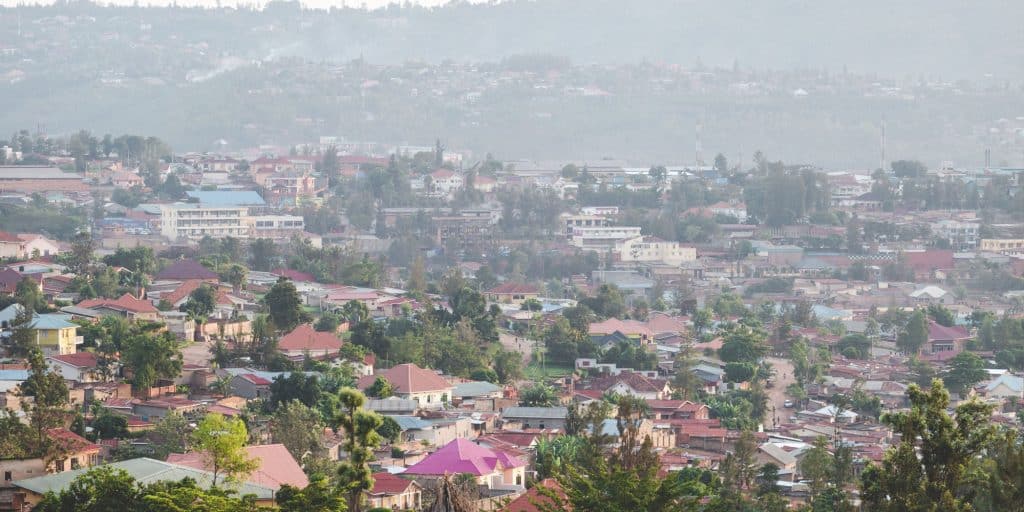Italian Prime Minister Georgia Meloni calls for a new Italian partnership with Africa. The tone was set at the Italy-Africa Summit held in Rome on January 29, 2024. The Italian leader announced various initiatives designed to strengthen economic ties and create an energy hub for Europe, while curbing African emigration to Europe. These initiatives include an initial commitment of 5.5 billion euros, including guarantees.
Through the Rome Process Financing Facility, the Italian government is also committed to providing 100 million euros (90% of which is concessional financing) to support infrastructure in Africa, in particular for renewable energies, energy efficiency projects, water and sanitation, agricultural initiatives, as well as vocational training and job creation.
Infrastructure as part of the “Green Cities for Africa” project
In his speech, the Director-General of the Food and Agriculture Organization of the United Nations (FAO) thanked the Italian government for convening this summit, which aims to promote a genuine partnership with Africa and ensure that the continent remains at the heart of debates during Italy’s presidency of the G7, the discussion and economic partnership group of the world’s greatest powers which hold around 2/3 of the world’s net wealth, rising to 45% by 2019, namely Canada, France, Germany, Italy, Japan, the United Kingdom and the United States.
The FAO Director-General also expressed his gratitude to Italy, which, through the various financial supports announced, is collaborating in the joint “Green Cities for Africa” project, part of the FAO’s Green Cities initiative.
Read also-AFRICA: France co-finances 20 projects ahead of the Sustainable City Summit
The FAO Regional Green Cities Program for Africa aims to respond to the continent’s growing urbanization and the resulting pressure on agri-food systems. It also aims to improve food security, nutrition and quality of life in urban and peri-urban areas.
According to the FAO, by 2030, 70% of the world’s population is expected to live in cities. And 90% of this increase will occur in Africa and Asia, which will put a strain on agri-food systems.
Boris Ngounou
